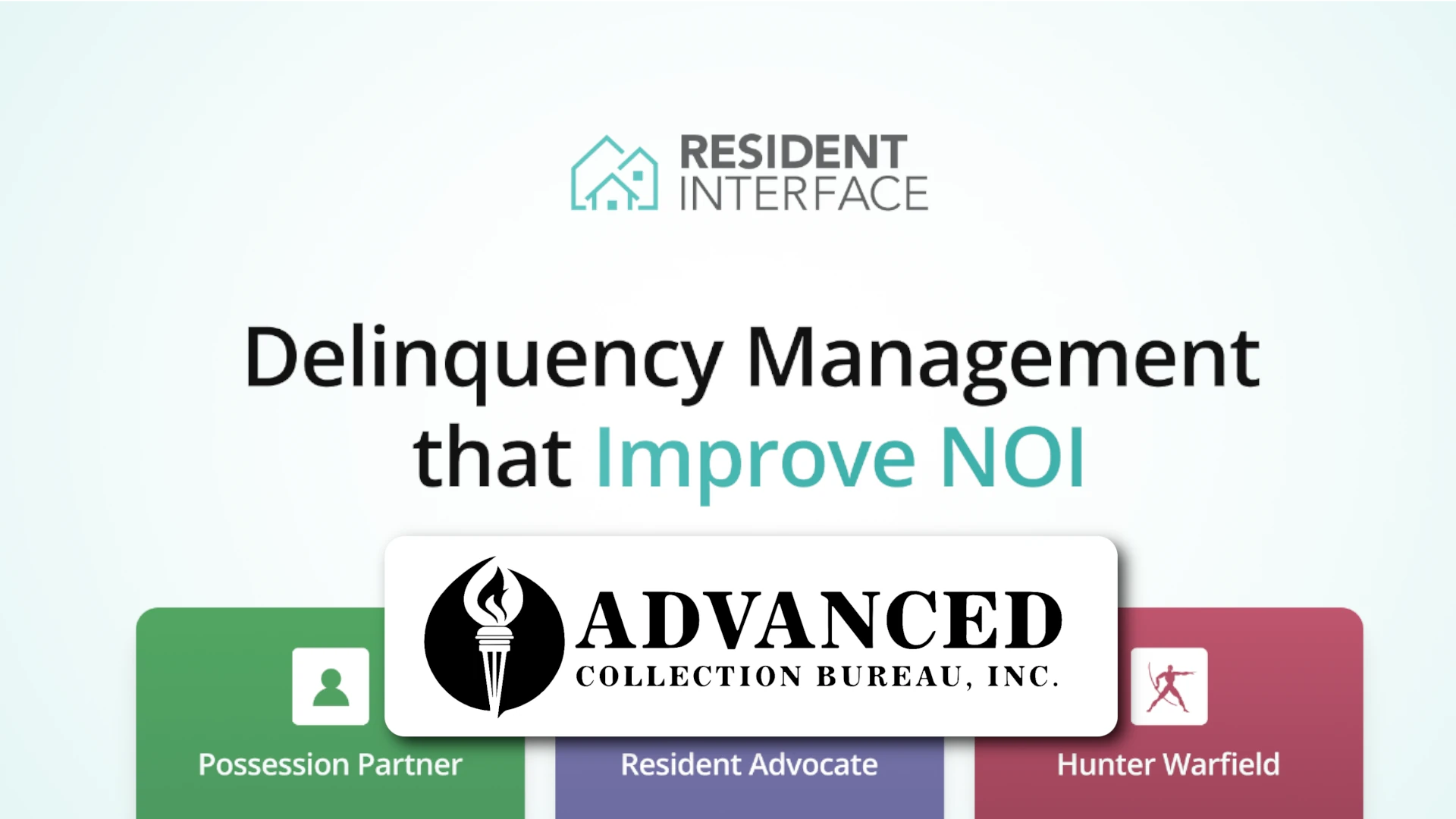Evicting a tenant in New York can be one of the most complex and tightly regulated processes landlords face. With a long list of legal requirements, strict timelines, and tenant protections, it’s easy for even experienced property owners to make costly mistakes. If you're a landlord or property manager wondering how to evict a tenant in New York, this guide is for you.
Understanding the correct legal steps is essential. A misstep could result in delays, dismissed cases, or even legal action against you. At Advanced Collection Bureau (ACB), we help landlords navigate the eviction process while staying compliant and protecting their reputation.
Understanding the Legal Foundation
New York’s eviction laws are some of the most tenant-friendly in the country. Unlike states with quicker timelines, New York requires landlords to follow a specific process and meet several obligations before a tenant can be lawfully removed. Evictions generally fall into two categories:
- Non-payment of rent
- Violation of lease terms or holdover after lease expiration
Each path has its own notice requirements and court procedures.
Step 1: Serve the Right Notice
Before any eviction case reaches court, landlords must serve tenants with a written notice. For non-payment of rent, New York landlords must serve a 14-day demand for payment. This gives tenants two weeks to pay up before legal action can begin.
For lease violations or holdovers, a 30-day notice to terminate is typically required, though longer notices might apply depending on how long the tenant has lived in the unit.
The notice must be properly delivered—by hand, mail, or posted on the door—and must clearly state the reason for termination. For more help with this phase, see How to Serve an Eviction Notice Properly.
Step 2: File an Eviction Petition
If the tenant does not comply with the notice, the next step is filing a petition in Housing Court. This begins formal legal proceedings. Be prepared to present evidence such as lease agreements, payment history, photos of damage (if applicable), and copies of notices served.
Filing procedures and fees vary depending on the New York county, so it's essential to consult local court websites or speak with an attorney to ensure the paperwork is filed correctly.
Step 3: Attend the Court Hearing
Tenants in New York have a right to appear in court and defend themselves. You’ll need to show proof that you followed all legal steps. If the judge rules in your favor, they’ll issue a warrant of eviction—but it won’t take effect immediately.
Tenants are typically given at least 14 days after the court decision to vacate voluntarily. If they remain after that, law enforcement (usually a marshal) must carry out the eviction. Landlords are not allowed to remove the tenant themselves, change locks, or shut off utilities.
Explore how this legal structure compares to other states in Navigating the Legal Landscape of Debt Collection.
Step 4: Recovering Unpaid Rent After Eviction
Winning an eviction case doesn’t automatically recover the money you’re owed. Many tenants leave behind unpaid rent, utilities, or damages. That’s where partnering with a collection agency like ACB can help.
We pursue former tenants through skip tracing, credit reporting, and respectful communication. We don’t just send letters—we actively work to recover your funds without damaging your brand. Our contingency-only model means you don’t pay unless we collect.
Learn how this model protects landlords in How Contingency-Based Debt Collection Models Benefit Property Managers.
Compliance Is Key
Landlords must also be aware of laws governing discrimination, rent stabilization, and retaliation. New York City in particular enforces strict rules that can affect the eviction process. If you serve Section 8 tenants or operate in a rent-controlled building, your obligations are even more complex.
To avoid penalties, always consult a legal expert or trusted eviction service that understands New York’s unique legal landscape.
Why Work With a Professional Partner?
The stakes in New York evictions are high. ACB offers property managers and landlords:
- Legal guidance on proper notice service
- Partnership with local attorneys when needed
- Credit bureau reporting for unpaid rent
- Professional communication with former tenants
- No fees unless we recover funds
We also understand how to balance assertiveness with respect, ensuring your reputation stays intact even during difficult situations.
For more strategies, check out How to Handle Tenants Who Ignore an Eviction Notice.
Facing a difficult eviction in New York?
Let ACB guide you through every step—legally, efficiently, and professionally.
Work with us today.














